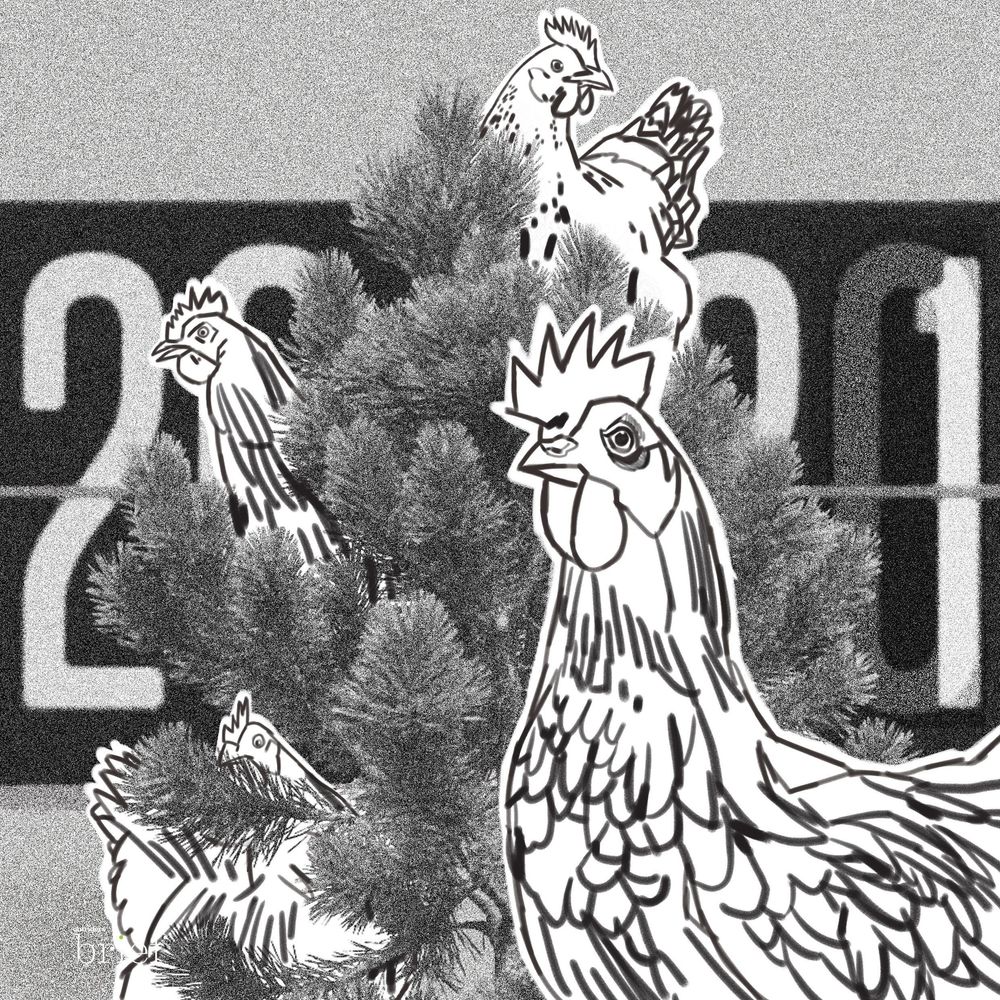World Food Programme to reduce food rations for the refugees in Rwanda
About 90% of the Syrian refugees in Lebanon live in extreme poverty. That means that they rely on less than 37 dollars monthly per person – according to the black – market rate [which shows the real power of the local currency]. 40% of Syrians are not officially registered by the U.N. and therefore are not qualified for financial assistance or food parcels. Half of the Syrian families polled by the U.N. face food insecurity. Lebanon has the highest number of refugees per capita globally: according to the U.N., every fourth person in the country is one. Moreover, Lebanon is now also populated by 470 000 UN-registered Palestinian refugees, including 30 000 who escaped from Syria.
Over 1.2 million refugees in Uganda will get reduced food rations from the World Food Programme due to the lack of international funding. The refugees in Uganda come from Congo, the Central African Republic, South Sudan, and Burundi. Now, the World Food Programme, an organization awarded the Nobel Peace Prize, had to cut its relief programs as it was able to secure only half of the money needed to support its refugee program in Uganda. It needs to raise almost 100 million dollars to avoid reducing food rations in Uganda – the second time as it already happened once in April 2020. “COVID-19 must not be an excuse for the world to turn its back on refugees at this terrible time,” said WFP Country Director El-Khidir Daloum



























